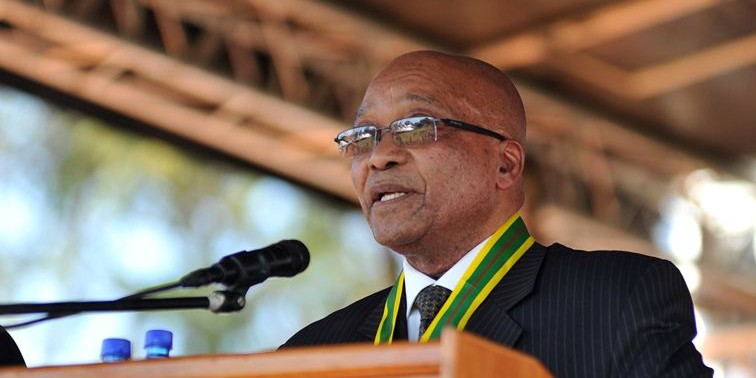Global Student Stories: South Africa to invest in free higher education
South African president Jacob Zuma has announced the government will stop funding programs judged to be ineffective, and instead redirect the money into providing free higher education.
Already in December last year, Zuma claimed that by the start of 2018, the government would provide fee-free tertiary education (as well as grants for living costs) to students living in a household with a combined annual income of no more than R350,000.
Speaking at a high school in his hometown of Nkandla, Zuma called education a “weapon for everything,” adding: “Education is a treasure that cannot be taken away from you. When you get educated‚ you’re not just doing that for yourself [and] your family‚ but for the nation.”
However, he did not at the time explain where the money to subsidize free education would be coming from.
Education is a treasure that cannot be taken away from you
The announcement has drawn backlash from critics who expressed doubts as to how the project would be funded. According to The Citizen, Zuma and Finance Minister Gigaba ignored the opinions of the Heher Commission, which claimed that South Africa would be unable to afford a fee-free education.
The reason for this is the country’s already significant debt of R790 billion in the second quarter of 2017, which makes 51% of GDP. The project would cost the country between R15 billion and R50 billion per year.
The Citizen suggested that, if the funding takes place, the government will either need to increase the tax rates or borrow some additional money. In order to avoid this, The Citizen suggests that instead of funding the free higher education, the government should aim at stopping the unessential use of state assets, as well as limiting corruption and wasteful investments.
Meanwhile, Cas Coovadia MD of The Banking Association of South Africa lambasted the announcement as nothing more than “ a way of fooling South Africans by adopting unaffordable populist policies in the name of the poor without the ability or even the political will to deliver.”

Comments